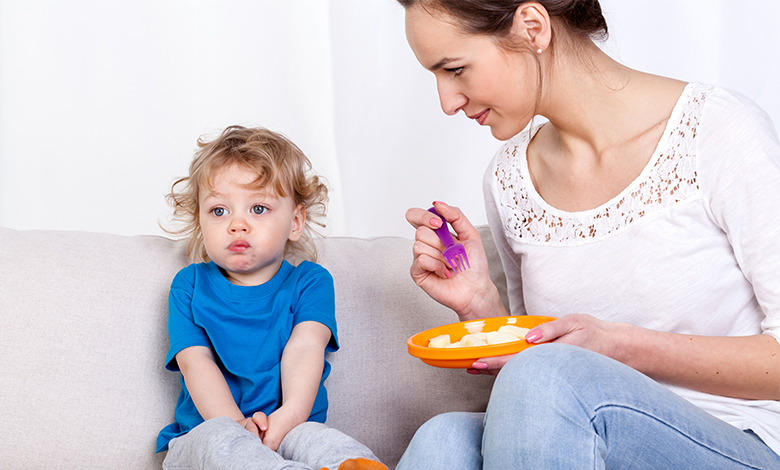Over the last 2 decades, children have lost 8 hours of free play time per week. A UK National Trust Survey also found that children are spending half as much time playing outdoors as their parents when they were children. Both findings are largely due to an increase in academic pursuits and technology use, which have also been identified as factors contributing to the growing trend of sedentary lifestyles among children. Playtime without a screen was once a given in childhood, but now it is something that requires a bit more planning to ensure it happens.
Proven to advance everything from children’s language skills and creativity to their emotional and physical growth, there’s a well-voiced connection between play and endless cognitive functions. Experts recommend children need a minimum of 3 hours of daily unstructured play. So how – and why – is it smarter to incorporate more play into your child’s day-to-day activity?
Read more here to find 5 play ideas to help kids learn and develop.
You might be interested in


